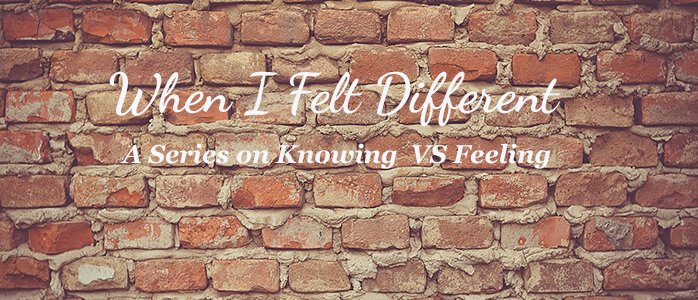I used to attend a camp for children with neuromuscular disease. I liked it some years. But I grew to not enjoy the camp sooner than most. There was no one reason I stopped going. It was a combination of the school calendar conflicting and my heart no longer connecting well.
My friends and fellow campers were not regular attenders anymore and the counselors left lasting impressions on us, which was not always good. There were times I wanted to go home in the middle of the week and never return.
I loved the camp at first. I was not scared of leaving home for a week or being away from my parents and brothers. Those kinds of things didn’t worry me. I needed my own adventures. I was an explorer. And camp was a new experience. I wanted to take in the new sights, friends, and activities.
I tried to tell the adults around me that I didn’t mind watching activities I couldn’t do. It didn’t bother me to sit on the side and watch others play adaptive sports. I actually preferred that spot at times. I liked being the cheerleader, the encourager, the observer, the friend who was simply present. What I didn’t like was being forced to try. And it wasn’t fun when others assumed things for me.
Camp as a whole wasn’t a bad thing. I found favorite activities, such as canoeing, riding a horse, visiting the animals, driving my wheelchair along the tree-lined paths, and swimming (though I never liked wearing a life jacket in the pool).
However, I felt a disconnect and this became more evident every year. I was never fully at home in the camp environment. I felt out of place around the people I was supposed to be connected to. I couldn’t identify with others on a deep level because:
I was not used to being around kids in wheelchairs. I rode a special bus back and forth to school, but this was a small part of my day. It was a mode of transportation, not a means of connection.
I was not used to being around so many people with disabilities. I attended the Preschool for the Handicapped when I was little, but my identity wasn’t formed there.
Part of the problem was the wide variety of disabilities. Some kids had only physical challenges; some had physical and mental disabilities; some just had mental limits.
How can one expect a child to sense unity and community with such a range of differences? The background stories and how one views their disability should be considered.
My family life included two able-bodied brothers who loved me the way I was born and treated me as they would any sibling — normal, accepted, included.
Disability wasn’t my everyday identity. It never has been. Because I knew my community was at home, I never really fit at camp.
I belong where I’m not seen for my limits, but for the whole person that I am.
Have you read the other stories? Read part one, part two, part three, and part four as you wait for the next post.

